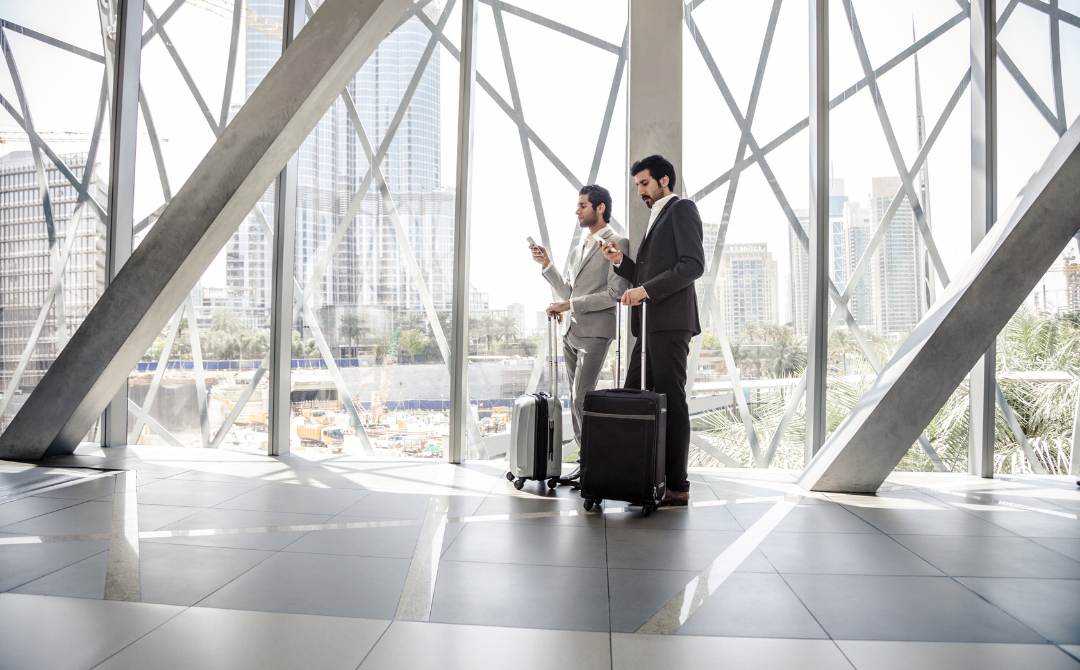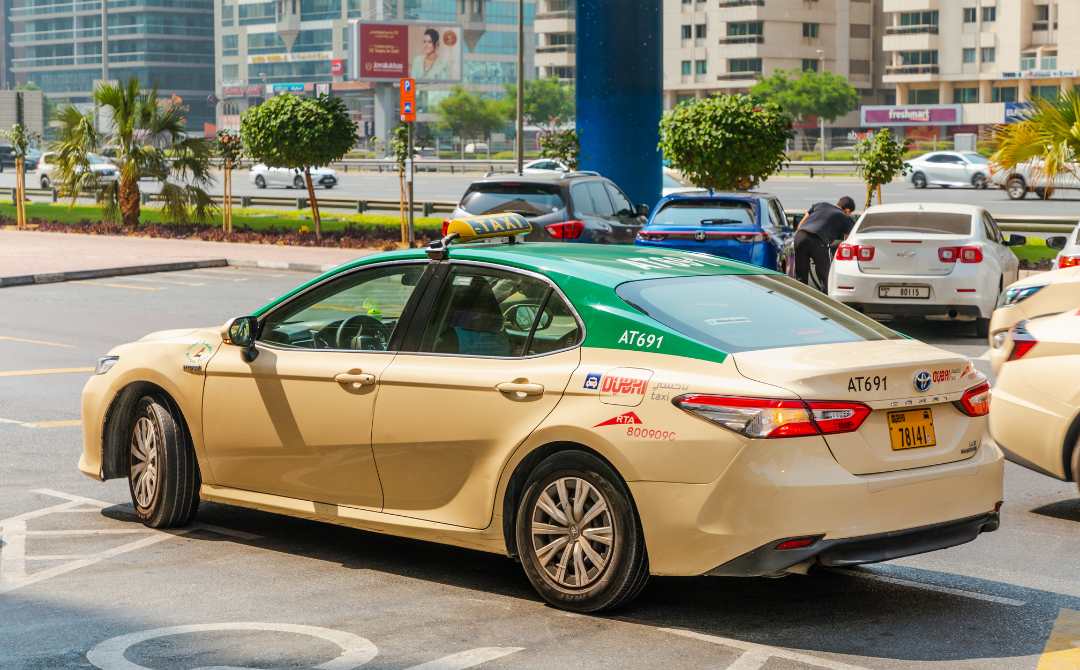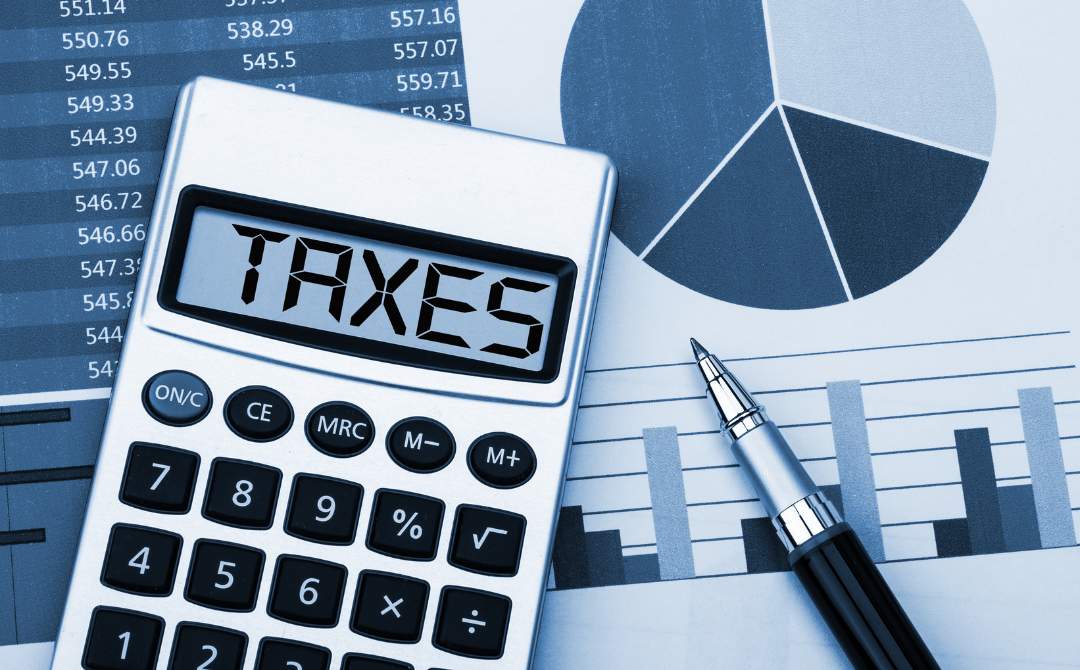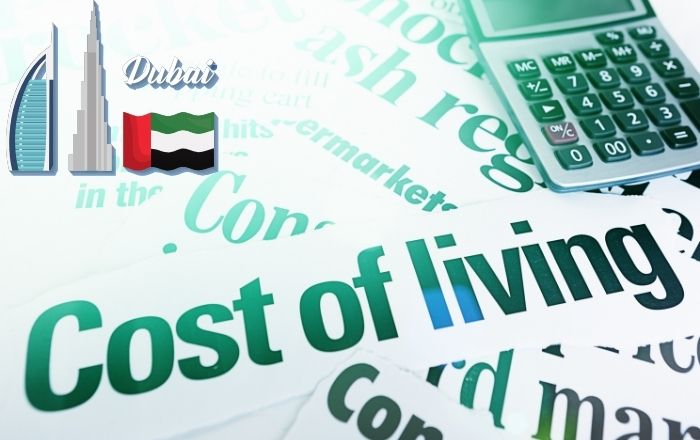The Cost Of Living In Dubai: Your 2024 Guide
Are you considering a move to Dubai but feeling uncertain about the cost of living? You’re not alone. Understanding the expenses of daily life in a new city can be daunting.
However, worry not as our 2024 guide to the cost of living in Dubai is here to provide clarity and ease your concerns. Whether you’re relocating for work, education, or simply seeking a change of scenery, this article will equip you with the necessary insights to navigate Dubai’s financial landscape confidently.
From housing and transportation to groceries and entertainment, we’ve got you covered.
So, let’s get started.
Living Experience In Dubai
Living in Dubai is an exciting experience, blending modern comforts with cultural richness. One of the first things you’ll notice is the diverse community, with people from around the world calling Dubai home. This creates a lively social scene where you can easily find friends.

Finding a place to live in Dubai is flexible. You can choose from luxury apartments in the city center to more affordable housing on the outskirts. Rental prices vary, so it’s essential to research before deciding.
Dubai has excellent transportation options. You can use buses, the metro, trams, or easily find taxis. Owning a car is also convenient, with many new and used cars available.
Dubai is famous for its dining options, from local street food to fancy restaurants. The city’s nightlife is vibrant, with many bars, clubs, and lounges to enjoy.
For healthcare, Dubai has top-notch medical facilities and services. Whether you need a check-up or specialized treatment, Dubai has you covered.
Living in Dubai offers a mix of modern life and tradition, making it a thrilling experience.
But what about cost of living in Dubai?
Let’s discuss this in detail.
The Cost Of Living In Dubai
When it comes to the cost of living in Dubai, it’s essential to consider various factors, including housing, transportation, food, entertainment, and healthcare. Let’s break down these expenses to give you a clear picture of what to expect.
Housing:
Rental prices in Dubai can vary significantly depending on the location, size, and amenities of the property. As of 2024, the average monthly rent for a one-bedroom apartment in the city center ranges from AED 4,000 to AED 8,000, while outside the city center, it can range from AED 3,000 to AED 6,000.
For a larger accommodation, such as a three-bedroom apartment, you can expect to pay anywhere from AED 7,000 to AED 15,000 per month in the city center and AED 5,000 to AED 10,000 outside the city center.
Transportation:
Dubai offers a comprehensive public transportation system, including buses, the metro, and trams, with affordable fares.

A one-way ticket on public transport costs around AED 5, while a monthly pass can range from AED 200 to AED 350, depending on the type of transportation and zones covered.
If you prefer to drive, gasoline prices in Dubai are relatively low compared to many other countries, with a liter of petrol costing around AED 2.30.
Food:
Dining out in Dubai can be both affordable and extravagant, depending on your preferences. A meal at a mid-range restaurant for one person typically costs around AED 50 to AED 100, while a three-course meal for two at a nicer establishment can range from AED 200 to AED 500.
Groceries are reasonably priced, with basic items like bread, milk, and eggs costing around AED 10 to AED 20 each.
Also Read: The Ultimate Guide To Starting A Business In Dubai: Everything You Need To Know
Entertainment:
Dubai offers a wide range of entertainment options to suit every budget. Movie tickets cost around AED 40 to AED 60, while entry to amusement parks like IMG Worlds of Adventure or Dubai Parks and Resorts can range from AED 150 to AED 300 per person.
If you enjoy nightlife, drinks at a bar or club can range from AED 40 to AED 100 each, depending on the venue and type of beverage.
Healthcare:
Dubai boasts world-class healthcare facilities, but quality comes at a price. A routine doctor’s visit can cost anywhere from AED 200 to AED 500, while more specialized consultations or procedures may be higher.
It’s advisable to have health insurance to cover these expenses, as medical costs can add up quickly without it.
Education:
If you have children, you’ll need to budget for their education. Dubai has a range of international schools offering various curricula, such as British, American, IB, and others.

Tuition fees can vary widely depending on the school and grade level but typically range from AED 20,000 to AED 50,000 per year, excluding additional costs like uniforms, books, and extracurricular activities.
Utilities:
The cost of utilities, including electricity, water, and gas, can add up. For a standard apartment, you can expect to pay around AED 500 to AED 800 per month. Internet and mobile phone services are additional expenses, with packages ranging from AED 200 to AED 500 per month, depending on the speed and data allowance.
Insurance:
Health insurance is mandatory for all residents in Dubai. The cost of health insurance can vary depending on the coverage and provider but typically ranges from AED 500 to AED 2,000 per person per year.
Additionally, it’s advisable to have home insurance to protect your belongings, which can cost around AED 1,000 to AED 3,000 per year.
Having comprehensive health insurance ensures that you have access to quality healthcare services without worrying about hefty medical bills.
Home insurance provides peace of mind knowing that your belongings are protected in case of theft, fire, or other unforeseen events.
Personal Care:
Personal care items such as toiletries, cosmetics, and grooming services can also contribute to your monthly expenses. Budget around AED 200 to AED 500 per month for these items, depending on your needs and preferences.
It’s important to prioritize personal care to maintain hygiene and grooming standards, which can positively impact your overall well-being and confidence.
Also Read: Why Dubai Is The Perfect Destination For Expanding Your Business?
Taxes:
One of the advantages of living in Dubai is that it has no personal income tax, which can significantly impact your overall cost of living compared to other countries. However, there are other taxes and fees to consider, such as value-added tax (VAT) on goods and services, which is currently set at 5%.

Overall, while the cost of living in Dubai can be relatively high compared to some other cities, the quality of life and opportunities available make it a desirable destination for many expatriates.
By budgeting wisely and taking advantage of the city’s offerings, you can enjoy everything Dubai has to offer without breaking the bank.
Helpful Tips For Budgeting While Living In Dubai
Budgeting while living in Dubai is essential to manage your expenses effectively and maintain financial stability.
Here are some helpful tips to help you budget wisely while living in Dubai:

· Understand The Cost Of Living:
Dubai is known for its high standard of living, and it’s essential to understand the specific costs associated with living there. Research the average prices for housing, transportation, utilities, healthcare, and other essentials to create a more accurate budget.
· Negotiate Rent:
Rent can be a significant expense in Dubai, so it’s worth trying to negotiate with your landlord for a lower rate. You can also look for promotions and discounts offered by landlords, especially during off-peak seasons.
· Use Public Transport:
Dubai’s public transportation system is well-developed and relatively inexpensive compared to owning a car. Consider using the metro, buses, or trams instead of driving to save on transportation costs.
· Monitor Your Utility Usage:
Utility costs, especially for electricity and water, can be high in Dubai. Monitor your usage and take steps to reduce consumption, such as turning off lights and appliances when not in use and fixing any leaks promptly.
Also Read: How To Move To Dubai: Ultimate Guide For UK Citizens
· Take Advantage Of Discounts:
Dubai offers many discounts and deals, especially for dining, entertainment, and shopping. Look for offers on apps and websites and use loyalty programs to save money.
· Plan Your Meals:
Eating out can be expensive in Dubai, so plan your meals and cook at home as much as possible. Buy groceries in bulk to save money and avoid food wastage.
· Compare Prices:
Before making a purchase, compare prices from different retailers or online stores to ensure you’re getting the best deal. Look for promotions, discounts, and sales to save money.
· Use Apps For Budgeting:
There are several apps available that can help you track your expenses, set budgets, and manage your finances more effectively. Consider using one to stay on top of your finances and identify areas where you can save money.

· Save On Healthcare:
Healthcare costs can be high in Dubai, so consider getting health insurance to cover medical expenses. Look for insurance plans that offer comprehensive coverage at affordable rates.
· Review Your Budget Regularly:
Review your budget regularly to track your spending and identify areas where you can cut back. Adjust your budget as needed to ensure you’re living within your means and saving money for future expenses.
Final Words
That’s all you need to know about the cost of living in Dubai. By understanding the expenses associated with living in this vibrant city and implementing the budgeting tips provided, you can effectively manage your finances and enjoy all that Dubai has to offer.
Whether you’re considering a move or already living in Dubai, these insights will help you make informed financial decisions and maintain a comfortable lifestyle.


